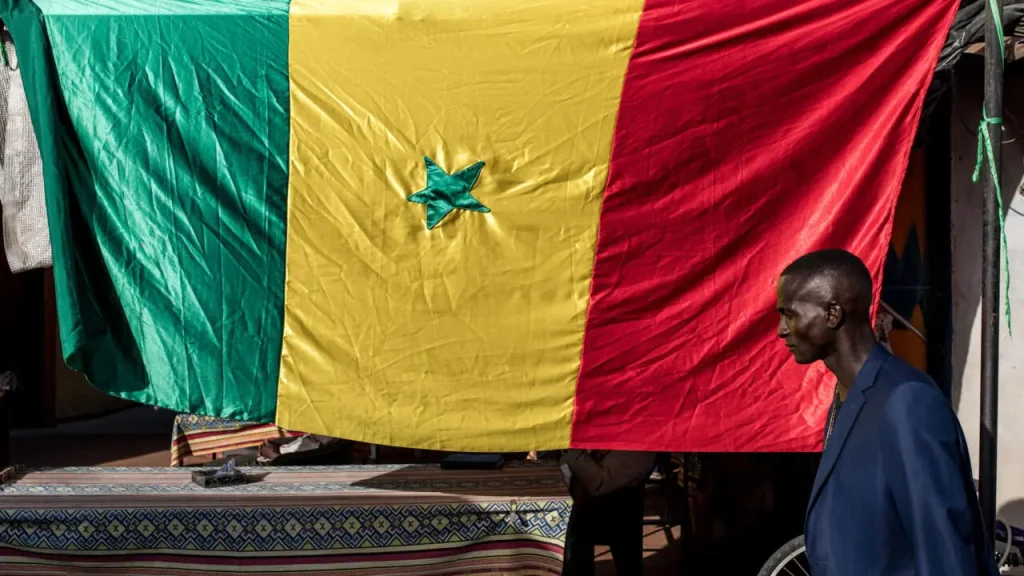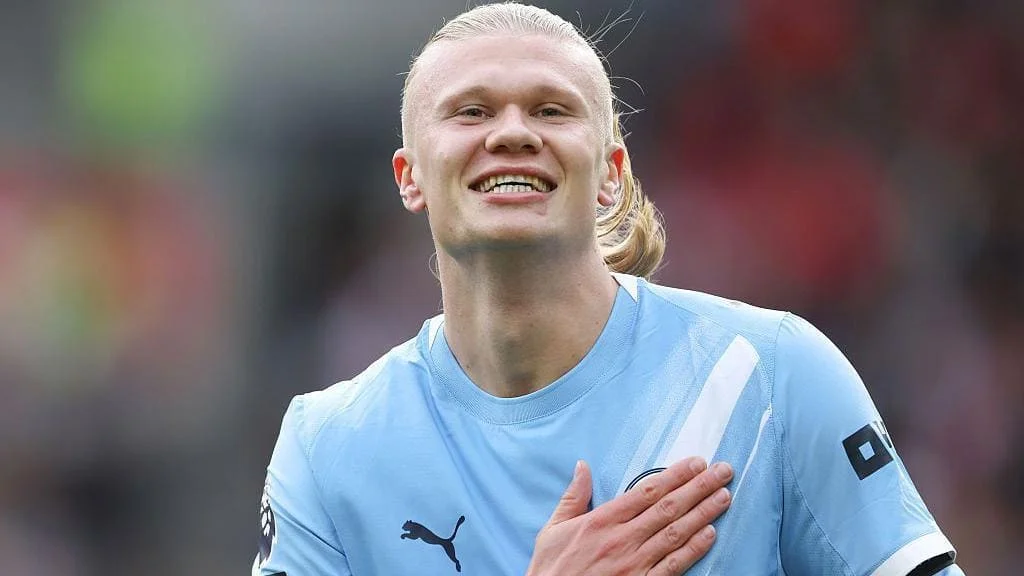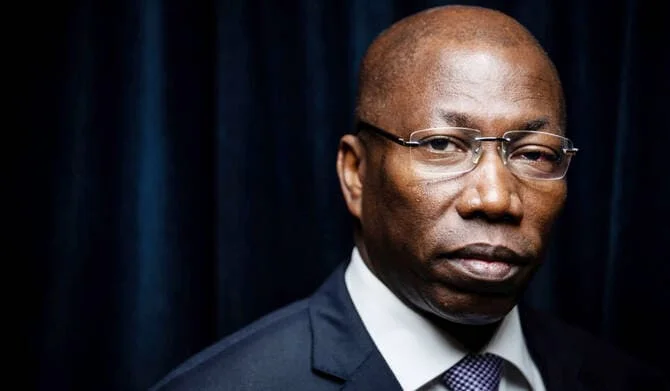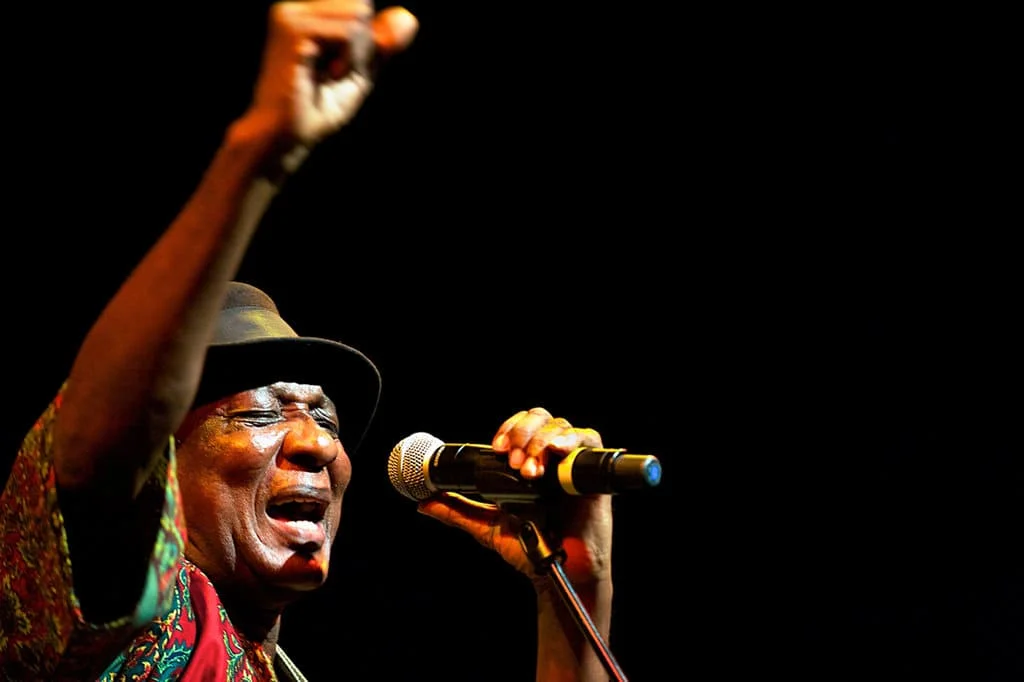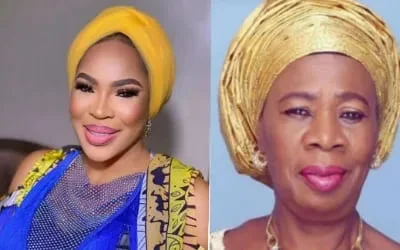Senegal’s presidential election, marked by a condensed campaign period, has drawn significant attention as over seven million registered voters prepare to choose from a diverse pool of candidates. With polling stations set to close in the evening, the nation anticipates results that could shape its political future. The race, characterized by a polarized political landscape, features prominent figures, including former prime ministers, a lone female candidate, and an independent newcomer, reflecting Senegal’s dynamic democratic process.
A Polarized Political Landscape
The election has highlighted a stark divide between two major factions. The first is led by Amadou Ba, a seasoned politician born in Dakar in 1961. Educated in Paris and the United States, Ba held key administrative roles before serving as economy minister under President Macky Sall and later as prime minister until the campaign began. Representing the ruling United in Hope (BBY) coalition, Ba’s campaign emphasizes continuity and stability.
The opposing camp is spearheaded by Ousmane Sonko, former mayor of Ziguinchor, who has rallied support for his candidate, Bassirou Diomaye Faye. This coalition has gained traction, with two candidates, Habib Sy and Cheikh Tidiane Dieye, withdrawing to endorse Faye’s platform, amplifying his campaign’s momentum. The competition between these two groups underscores the high stakes of the election, with analysts predicting a potential second round if no candidate secures a majority.
Prominent Former Prime Ministers
Several former prime ministers are vying for the presidency, bringing experience and political weight to the race. Idrissa Seck, aged 64, served as prime minister from 2002 to 2004 under President Abdoulaye Wade. After facing embezzlement allegations, which were later dismissed, Seck founded his own party and ran in multiple presidential races, notably securing 21 percent of the vote in 2019. His Rewmi party later joined the BBY coalition, and he served as head of the Economic, Social, and Environmental Council until recently.
Mahammed Boun Abdallah Dionne, also 64, was prime minister from 2014 to 2019 and a key ally of President Sall. A frontrunner within the BBY coalition, Dionne launched his own coalition after Sall chose Ba as the BBY candidate. Similarly, Aly Ngouille Ndiaye, 59, a former BBY member and mayor of Linguere, broke away to pursue his presidential bid. With a background in engineering and ministerial roles in energy, interior, and agriculture, Ndiaye appeals to voters seeking an alternative to the ruling coalition.
A Former Mayor’s Comeback
Khalifa Sall, 68, unrelated to President Sall, is another prominent contender. As mayor of Dakar from 2009 to 2018, he faced legal challenges, including a 2017 arrest for alleged embezzlement of public funds, resulting in a five-year sentence. Pardoned in 2019, Sall now seeks the presidency, appealing to voters disillusioned with both the ruling coalition and Sonko’s opposition. His campaign emphasizes reform and a break from the current administration.
A Lone Female Contender
Among the candidates, Anta Babacar Ngom, 39, stands out as the only woman in the race. A political newcomer, Ngom launched the Alternative for the Next Generation of Citizens movement. As the daughter of the founder of Sedima, a leading poultry production company in West and Central Africa, she brings a business perspective, having served as the company’s executive director. Her candidacy highlights the need for greater gender diversity in Senegal’s political sphere.
An Independent Voice
Papa Djibril Fall, a journalist and communications consultant from Thiadiaye, represents a fresh perspective as an independent candidate. A 2014 graduate of Dakar’s premier journalism school, Fall has built a career as a columnist and was elected to the National Assembly in 2022. His entry into the presidential race underscores the diversity of voices in Senegal’s democracy.
Electoral Process and Expectations
With over 16,000 polling stations across Senegal and its diaspora, the election process is robust. Ballots will be tallied and sent to the Constitutional Council, with provisional results expected shortly after voting concludes. Observers anticipate a competitive race, with the possibility of a runoff if no candidate achieves the required 51 percent majority.


